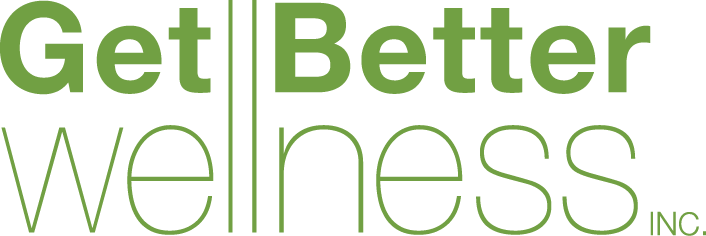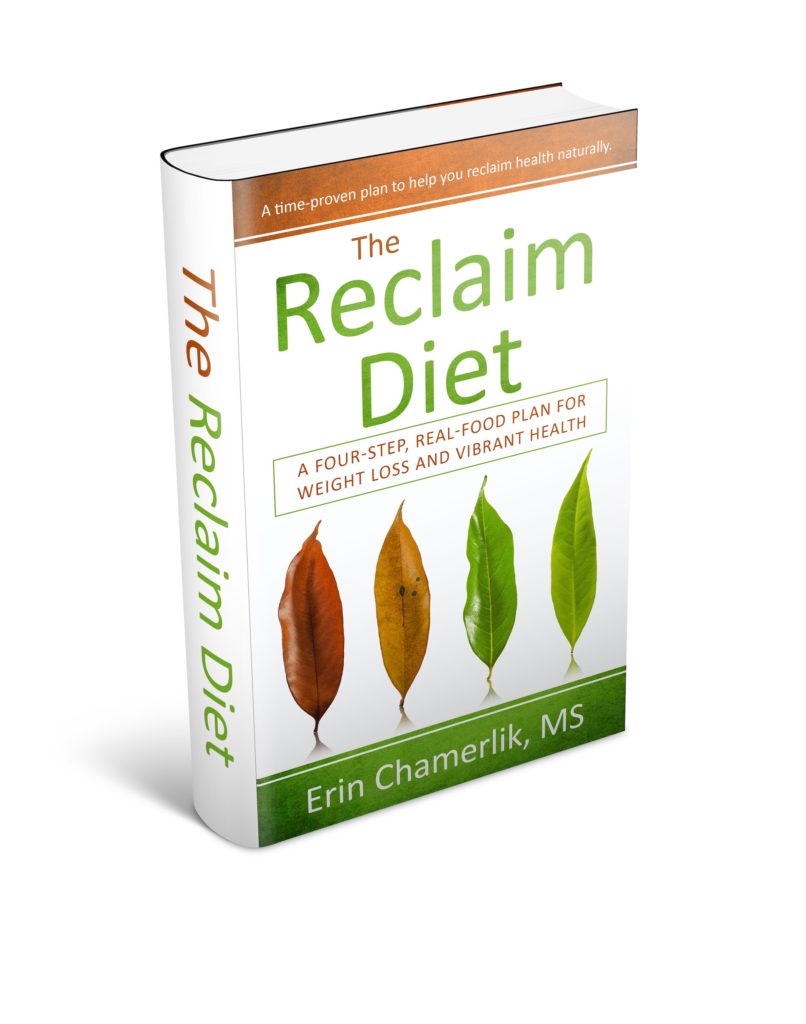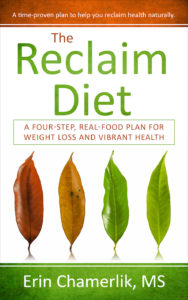
Gas, Bloating and Belching, oh my!
A little gas is normal but rearranging your schedule around your “problem” and avoiding crowded elevators is another matter.
Experiencing these issues after eating is a sign . . . and this article will help you look for the root cause.
You don’t have a purple pill deficiency or a shortage of Tums.
Get to the bottom of the issue so you can stop covering up the warning light with a band aid.
You have already thought about all the foods that may be the culprit like beans, cabbage, onions, broccoli, and dried fruit, yet still the problem persists. Here are a few simple things to consider that might help.
1. Eat a whole food REAL FOOD diet
Focusing on fresh vegetables, fruit, animal protein, fish, seeds, and nuts. Include healthy fat (organic butter, raw coconut oil, extra virgin olive oil). Reduce or eliminate sugar, processed food and processed carbs (like bagels, bread, crackers, pasta, baked goods), carbonated drinks, chewing gum and sugar alcohols (xylitol, mannitol, sorbitol, erythritol). Get my book, The Reclaim Diet, and learn how to nourish your body.
2. Rebalance your good bacteria
Probiotics are the good bacteria that live in us. There is a balance between helpful and harmful bacteria and an imbalance is called dysbiosis.
This is such an important topic! We can eat probiotic rich foods (not conventional yogurt). Choose fermented sauerkraut, kimchi, pickles.
When you take probiotic supplements, every month or two vary your brand to get exposed to a variety of strains of beneficial bacteria.
As individuals age, digestive malfunctions become more common. Breakdowns in the digestive tract are linked with antibiotic use, unhealthy diet, food allergies, heartburn, gastritis, ulcers, hemorrhoids, flatulence, and constipation.
I rotate between three or four different probiotic products: DigestaGuard, Pro-5, Complete Probiotics and Life 9 .
PERQUE Digesta Guard Forte 10 is essential for individuals who take antibiotics.
- Antibiotics wipe out good as well as bad bacteria, leading to complications, such as yeast infections, maldigestion, constipation, or diarrhea and nausea.
- Digesta Guard Forte 10 effectively rehabilitates the digestive system by restoring the body’s healthy, digestive organisms and clearing out toxins in the intestines.
- PERQUE Digesta Guard Forte 10 is a probiotic supplement that actually replaces bad bugs with ten beneficial bacteria. It thereby improves digestion and wards off dietary toxins, such as pesticide residues, hormones in foods, and toxic metals like lead or mercury.
- Directions: Take one (1) to six (6) capsules daily as directed by your health professional. Capsule may be opened and sprinkled on food.
3. Chew your food properly and don’t drink beverages with meals!
When we hurry through a meal we tend to take a few bites and swallow before we have really chewed the food well. Remember that your stomach does not have teeth and simply chewing your food until it is unidentifiable could help reduce gas.
Drinking liquids with meals can dilute stomach acid. Sip a small amount of water if necessary, but keep it to 4 ounces or less.
4. Prior to meals drink 1 Tbs Raw Apple Cider Vinegar mixed in a glass of water.
Not only will this help your digestion but it has a few fringe benefits like helping with weight loss, lowering LDL cholesterol, feeding your good bacteria and reducing cravings. Be sure the apple cider vinegar is raw and fermented. It will be cloudy.
5. Rule out food intolerances.
My book, The Reclaim Diet, provides a practical and simple method to identify foods that might be contributing to chronic health problems including excessive gas and other digestive issues.
One experiment you can try on your own is to completely eliminate processed food, dairy and grains for three weeks. Gluten is a type of protein found in many grains, including wheat, barley and rye. Since gluten and dairy hide in many processed foods under names you might not recognize, it is a good idea to avoid processed food.
6. Try supplementing with digestive enzymes at meals.
A product like EssentialZymes-4 is a great way to add enzymes to each meal to aid digestion.
7. Try eliminating beans (legumes), alcohol, coffee and fruit for a period of time.
8. Avoid soy and processed foods containing soy.
Soy didn’t get the name “the king of musical fruit” for no reason! The exception to this suggestion is fermented soy like tamari, miso, tempeh and natto.
9. Fix Your Low Stomach Acid (hypochlorhydria)
Low stomach acid encourages bad bacteria to grow. God gave us stomach acid for a purpose – to digest our food, especially meat. We obtain minerals from our protein foods, if you can break them down and absorb them. Taking Tums or other medication to lower stomach acid can lead to chronic digestive problems.
50% of people over age 60 have low stomach acid and may need to supplement with Betaine HCl.
10. You may need to supplement with Betaine HCl.
As we age our stomach acid goes down. 110 million prescriptions are written each year for acid blocking drugs. This is not getting at the root cause which is often too LITTLE stomach acid getting in the wrong place (esophagus). If you have an autoimmune condition, like Hashimotos, your stomach acid is often too low.
If your stomach acid is too low (because of aging, eating the Standard American Diet of high processed foods, and taking acid-lowering drugs, h Pylori overgrowth) you are likely to have several problems result:
- Unable to digest protein foods (When you eat meat, do you feel bloated and like the food is sitting like a rock? Do you experience gas, belching, bloating, pain after meals?)
- Mineral deficiencies
- Acidic body (since you can’t absorb minerals and digest protein)
- Acne
- Rectal itching
- Hair loss
- Dry skin
- Autoimmune conditions
- The pancreas may not be stimulated to release digestive enzymes and bile which are supposed to help digest food.
- Your first line of defense against invading bacteria and bad microorganisms is not working. The acidic condition of the stomach is supposed to kill these bad bugs. If your stomach acid is too low, you will get sick more often, experience more food poisoning, have gut dysbiosis
- Gut dysbiosis can lead to leaky gut, food intolerances, autoimmune conditions, IBS, IBD, asthma, celiac, reflux, heartburn, burping, bloating…. hey isn’t that where we started this conversation?
Take Betaine HCl Pepsin at meals containing protein. Titrate your dose needed.
11. Other Helpers that I recommend
- Soothing and healing the gut lining is important and I recommend using Glutamine, Deglycyrrhizinized licorice (DGL) and Aloe Vera leaf extract.
- These 3 ingredients are designed to support the integrity and healthy function of the gastrointestinal lining.
Glutashield
- GlutaShield, Supports GI Barrier Health and Integrity
• Maintains Healthy Inflammatory Balance and Healthy Gut Epithelium
• Provides Concentrated Nutrition for GI Cells - The purpose of the epithelium is to allow the digestion and absorption of dietary nutrients while keeping unwanted toxins, microbes and food particles from passing directly into the body.
- L-Glutamine, 4,000 mg serves as nutrition for the gut lining
- Aloe Vera Leaf Gel Extract, 75mg soothes the gut lining
- Zinc, 10mg
- NAG, 500mg
- Deglycyrrhized Licorice Root Extract, 400 mg
Read more about Glutashield here.
More Factors that shift the balance between good and bad bacteria

- Antibiotics kill bacteria, both good and bad bacteria. Taking even one round of antibiotics can disturb the balance allowing harmful bacteria and yeast to flourish in the digestive system.
- Yeast overgrowth can occur anywhere in the body leading to fungal infections including thrush, athlete’s foot, diaper rash, jock itch, vaginitis, nail infections and ringworm.
- Stress – Increases cortisol, which in turn increases glucose
- Aging
- Poor diet – Eating the typical American diet fosters the growth of bad bacteria in the gut. Eating a whole food diet is essential to re-establishing a healthy bacterial population. Limit or avoid processed foods, most fast food, soft drinks and sugar.
- Excessive alcohol intake
- Environmental pollutants harm beneficial bacteria. Synthetic chemicals are found in our food, water and environment and include chlorine in tap water, cleaning products, toothpaste, mouthwash and dental fillings.
- Infections from parasites, yeast or harmful bacteria
- Prescribed and over-the-counter medications including steroids, birth control pills, antacids, chemotherapy, aspirin, Tylenol and other NSAIDs disrupt the good bacteria.
- Tobacco
Taking Acid-Lowering Medication?
These medications were not intended for long term use. God gave us stomach acid for a reason, to break down food and provide a first line of defense against pathogens. If you artifically lower stomach acid, you may experience unwanted side effects and have a hard time coming off the drug. Work with your doctor to wean off the drug while you implement the above recommendations of eating a real food diet (gluten-free, dairy-free, processed-food free), and taking digestive enzymes with meals and other supplements in this post that may help.
Gas and bloating do not have to run your life.
If you grab anything we mention using our referral links, we may get a small commission. However, there’s no cost to you.
Recommended
-
Dandelion for Liver Support and Health BenefitsJuly 20th, 2024
-
Modified Citrus PectinJuly 11th, 2024
-
Bentonite Clay Mask for Face and ArmpitsJuly 8th, 2024
-
Two Supplements for Erectile DysfunctionJune 30th, 2024









